
Deutsch-Chinesische Enzyklopädie, 德汉百科
 António Guterres
António Guterres
 António Guterres
António Guterres

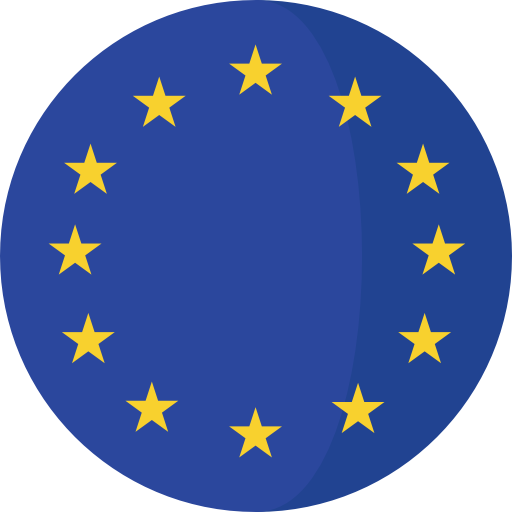 European Union
European Union
 Presidency of the Council of the European Union
Presidency of the Council of the European Union
 Generalsekretär der Vereinten Nationen
Generalsekretär der Vereinten Nationen
 António Guterres
António Guterres

 Party and government
Party and government
 *President or Chairman
*President or Chairman

 Abd al-Fattah as-Sisi
Abd al-Fattah as-Sisi
 Abiy Ahmed Ali
Abiy Ahmed Ali
 Aljaksandr Lukaschenka
Aljaksandr Lukaschenka
 António Guterres
António Guterres
 Cyril Ramaphosa
Cyril Ramaphosa
 Denis Sassou Nguesso
Denis Sassou Nguesso
 Emomali Rahmon
Emomali Rahmon

 Hand in Hand
Hand in Hand
 Ilham Aliyev
Ilham Aliyev
 Luis Arce
Luis Arce
 Luiz Inácio Lula da Silva
Luiz Inácio Lula da Silva
 Mahmud Abbas
Mahmud Abbas
 Masoud Pezeshkian
Masoud Pezeshkian
 Mohamed Ould Ghazouani
Mohamed Ould Ghazouani
 Mohamed bin Zayed Al Nahyan
Mohamed bin Zayed Al Nahyan
 Narendra Modi
Narendra Modi
 Nicolás Maduro
Nicolás Maduro
 Nikol Pashinyan
Nikol Pashinyan
 Phạm Minh Chính
Phạm Minh Chính
 Qassym-Schomart Toqajew
Qassym-Schomart Toqajew
 Recep Tayyip Erdoğan
Recep Tayyip Erdoğan
 Russia
Russia
 Sadyr Japarov
Sadyr Japarov
 Serdar Berdimuhamedow
Serdar Berdimuhamedow
 Shavkat Mirziyoyev
Shavkat Mirziyoyev
 Thongloun Sisoulith
Thongloun Sisoulith
 Wladimir Wladimirowitsch Putin
Wladimir Wladimirowitsch Putin
 Xi Jingping
Xi Jingping

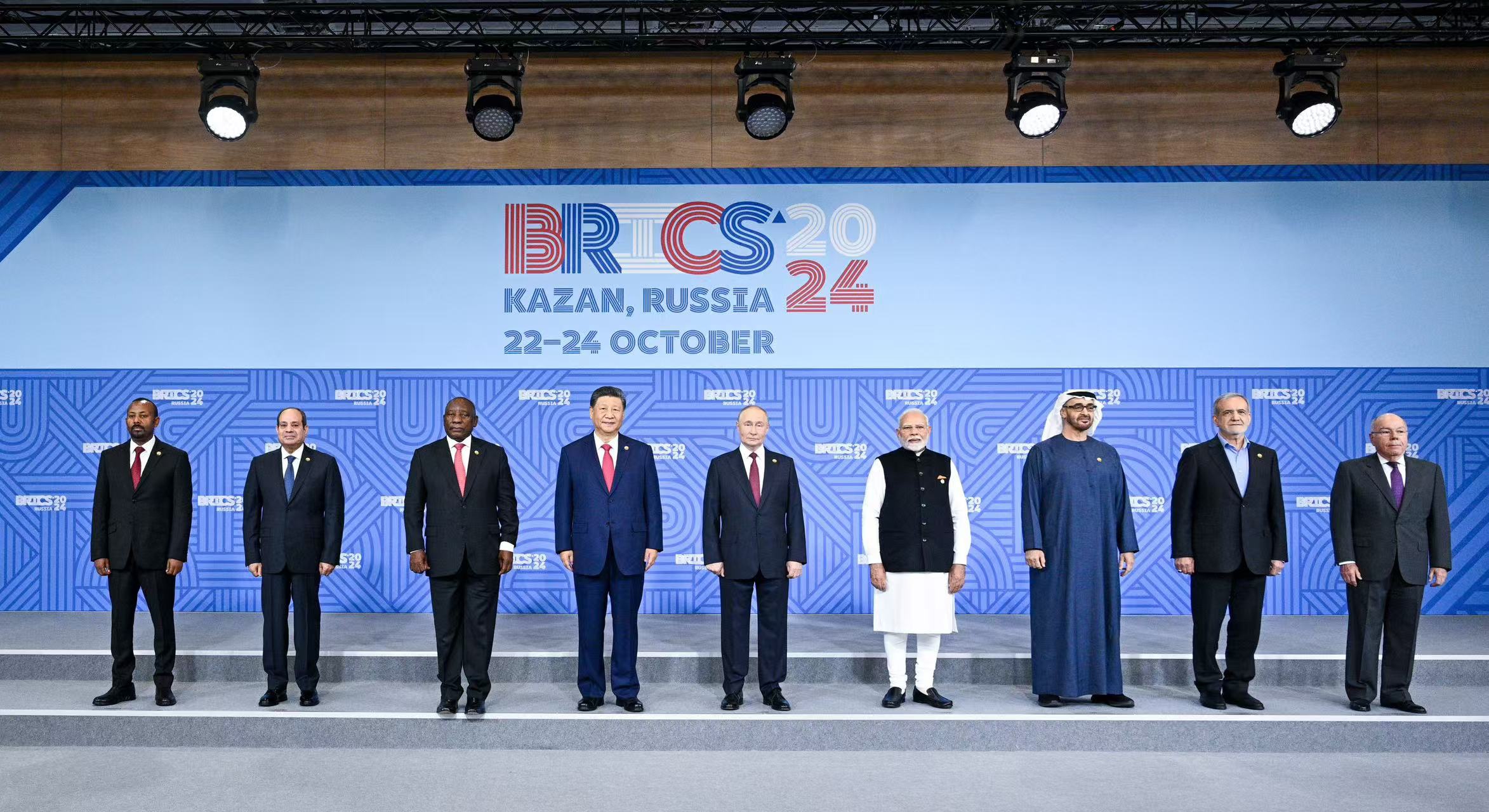


2024年金砖国家峰会是第十六届金砖国家年度峰会,目前正在俄罗斯 喀山举行,时间是2024年10月22日至24日。这是埃及、埃塞俄比亚、伊朗和阿拉伯联合酋长国在第 15 届金砖国家峰会上加入该组织后,首次成为金砖国家峰会成员。
Der BRICS-Gipfel 2024 ist der sechzehnte jährliche BRICS-Gipfel und findet derzeit vom 22. bis 24. Oktober 2024 im russischen Kasan statt. Dies ist der erste BRICS-Gipfel, an dem Ägypten, Äthiopien, der Iran und die Vereinigten Arabischen Emirate als Mitglieder teilnehmen, nachdem sie der Organisation beim 15. BRICS-Gipfel beigetreten sind.
 Abd al-Fattah as-Sisi
Abd al-Fattah as-Sisi
 Abe Shinzō
Abe Shinzō
 Andrés Manuel López Obrador
Andrés Manuel López Obrador
 Angela Merkel
Angela Merkel
 António Guterres
António Guterres
 Asian Development Bank,ADB
Asian Development Bank,ADB
 Christine Lagarde
Christine Lagarde
 Cyril Ramaphosa
Cyril Ramaphosa
 David Malpass
David Malpass
 Donald Trump
Donald Trump
 Donald Tusk
Donald Tusk
 Emmanuel Macron
Emmanuel Macron
 Financial Stability Board,FSB
Financial Stability Board,FSB
 Giuseppe Conte
Giuseppe Conte
 Guy Ryder
Guy Ryder

 Hand in Hand
Hand in Hand
 International Labour Organization,ILO
International Labour Organization,ILO
 Guy Ryder
Guy Ryder
 Internationaler Währungsfonds
Internationaler Währungsfonds
 Christine Lagarde
Christine Lagarde
 Jair Bolsonaro
Jair Bolsonaro
 Jean-Claude Juncker
Jean-Claude Juncker
 Joko Widodo
Joko Widodo
 José Ángel Gurría
José Ángel Gurría
 Justin Trudeau
Justin Trudeau
 Lee Hsien Loong
Lee Hsien Loong
 Macky Sall
Macky Sall
 Mark Rutte
Mark Rutte
 Mauricio Macri
Mauricio Macri
 Mohammad bin Salman bin Abdulaziz Al Saud
Mohammad bin Salman bin Abdulaziz Al Saud
 Moon Jae-in
Moon Jae-in
 Narendra Modi
Narendra Modi

 OECD
OECD
 José Ángel Gurría
José Ángel Gurría
 Pedro Sánchez
Pedro Sánchez
 Prayut Chan-o-cha
Prayut Chan-o-cha
 Randal Quarles
Randal Quarles
 Recep Tayyip Erdoğan
Recep Tayyip Erdoğan

 Salman ibn Abd al-Aziz
Salman ibn Abd al-Aziz
 Scott Morrison
Scott Morrison
 Sebastián Piñera
Sebastián Piñera
 Takehiko Nakao
Takehiko Nakao
 Tedros Adhanom
Tedros Adhanom
 Theresa May
Theresa May
 World Bank
World Bank
 David Malpass
David Malpass
 Wladimir Wladimirowitsch Putin
Wladimir Wladimirowitsch Putin
 World Health Organization, WHO
World Health Organization, WHO
 Tedros Adhanom
Tedros Adhanom
 World Trade Organization
World Trade Organization
 Roberto Azevêdo
Roberto Azevêdo
 Xi Jingping
Xi Jingping
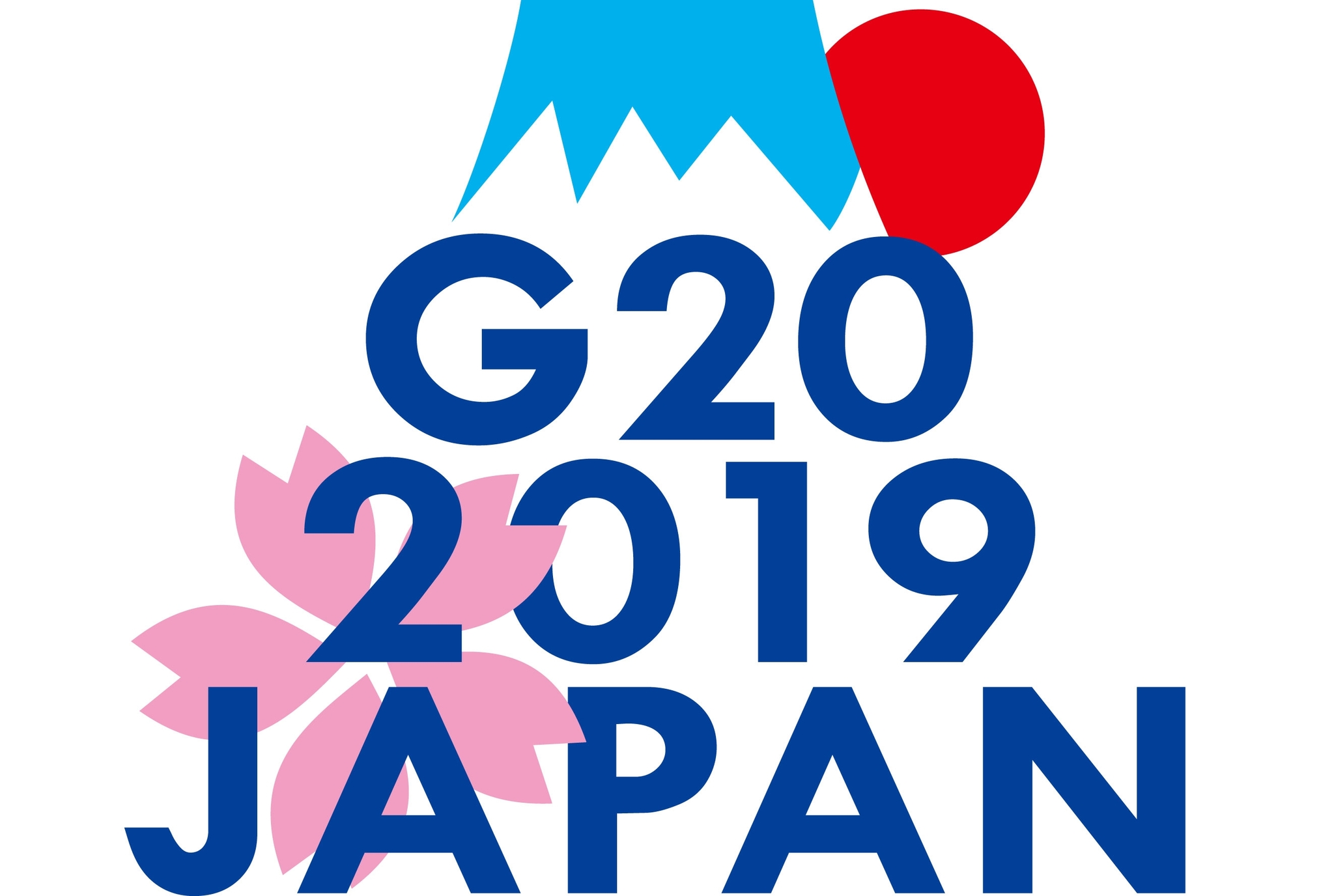
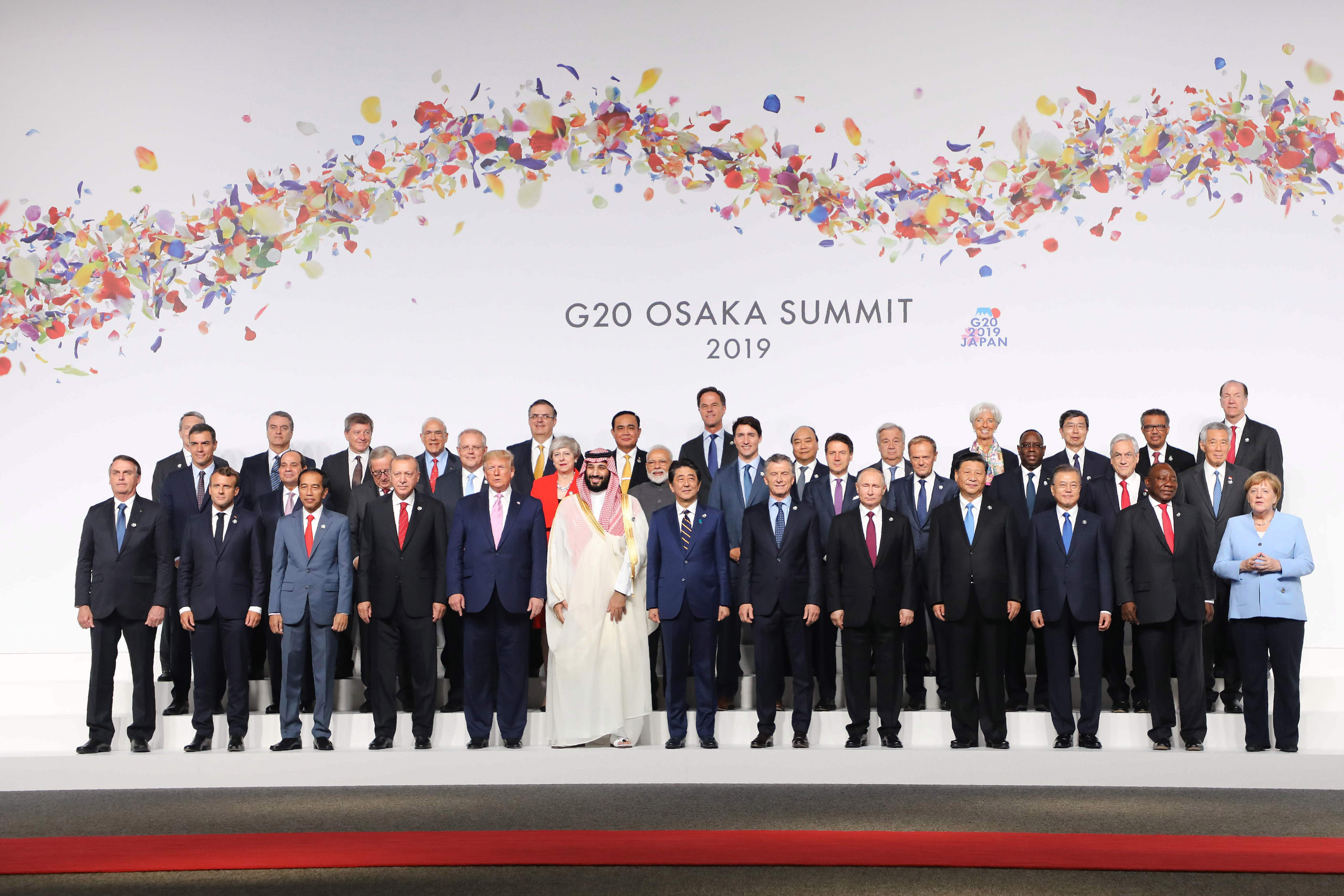
 Alberto Ángel Fernández
Alberto Ángel Fernández
 Anthony Albanese
Anthony Albanese
 António Guterres
António Guterres
 Charles Michel
Charles Michel
 Cyril Ramaphosa
Cyril Ramaphosa
 Emmanuel Macron
Emmanuel Macron
 Fumio Kishida
Fumio Kishida
 Giorgia Meloni
Giorgia Meloni

 Hand in Hand
Hand in Hand
 Indonesia
Indonesia
 Joe Biden
Joe Biden
 Joko Widodo
Joko Widodo
 Justin Trudeau
Justin Trudeau
 Lee Hsien Loong
Lee Hsien Loong
 Macky Sall
Macky Sall
 Mark Rutte
Mark Rutte
 Mohammad bin Salman bin Abdulaziz Al Saud
Mohammad bin Salman bin Abdulaziz Al Saud
 Mohamed bin Zayed Al Nahyan
Mohamed bin Zayed Al Nahyan
 Narendra Modi
Narendra Modi
 Olaf Scholz
Olaf Scholz
 Paul Kagame
Paul Kagame
 Pedro Sánchez
Pedro Sánchez
 Recep Tayyip Erdoğan
Recep Tayyip Erdoğan
 Rishi Sunak
Rishi Sunak
 Tedros Adhanom
Tedros Adhanom
 Ursula von der Leyen
Ursula von der Leyen
 Wolodymyr Selenskyj
Wolodymyr Selenskyj
 Xi Jingping
Xi Jingping
 Yoon Suk-yeol
Yoon Suk-yeol

 Abd al-Fattah as-Sisi
Abd al-Fattah as-Sisi
 Alberto Ángel Fernández
Alberto Ángel Fernández
 Andrés Manuel López Obrador
Andrés Manuel López Obrador
 Anthony Albanese
Anthony Albanese
 António Guterres
António Guterres
 Asian Development Bank,ADB
Asian Development Bank,ADB
 Asian Development Bank,ADB
Asian Development Bank,ADB
 Masatsugu Asakawa
Masatsugu Asakawa
 Azali Assoumani
Azali Assoumani
 Charles Michel
Charles Michel
 Cyril Ramaphosa
Cyril Ramaphosa
 Emmanuel Macron
Emmanuel Macron
 Fumio Kishida
Fumio Kishida
 Giorgia Meloni
Giorgia Meloni

 Hand in Hand
Hand in Hand
 Hasina Wajed
Hasina Wajed
 India
India
 Internationaler Währungsfonds
Internationaler Währungsfonds
 Internationaler Währungsfonds
Internationaler Währungsfonds
 Kristalina Georgiewa
Kristalina Georgiewa
 Joe Biden
Joe Biden
 Joko Widodo
Joko Widodo
 Justin Trudeau
Justin Trudeau
 Kristalina Georgiewa
Kristalina Georgiewa
 Lee Hsien Loong
Lee Hsien Loong
 Li Qiang
Li Qiang
 Luiz Inácio Lula da Silva
Luiz Inácio Lula da Silva
 Mark Rutte
Mark Rutte
 Mohammad bin Salman bin Abdulaziz Al Saud
Mohammad bin Salman bin Abdulaziz Al Saud
 Mohamed bin Zayed Al Nahyan
Mohamed bin Zayed Al Nahyan
 Narendra Modi
Narendra Modi
 National Capital Territory
National Capital Territory
 Olaf Scholz
Olaf Scholz
 Pedro Sánchez
Pedro Sánchez
 Recep Tayyip Erdoğan
Recep Tayyip Erdoğan
 Rishi Sunak
Rishi Sunak
 Tedros Adhanom
Tedros Adhanom
 Ursula von der Leyen
Ursula von der Leyen
 World Bank
World Bank
 World Bank
World Bank
 Ajay Banga
Ajay Banga
 World Trade Organization
World Trade Organization
 World Trade Organization
World Trade Organization
 Ngozi Okonjo-Iweala
Ngozi Okonjo-Iweala
 Yoon Suk-yeol
Yoon Suk-yeol

 Abd al-Fattah as-Sisi
Abd al-Fattah as-Sisi
 African Union
African Union
 African Union
African Union
 Mohamed Ould Ghazouani
Mohamed Ould Ghazouani
 African Development Bank
African Development Bank
 African Development Bank
African Development Bank
 Akinwumi Adesina
Akinwumi Adesina
 Anthony Albanese
Anthony Albanese
 António Guterres
António Guterres
 Anwar Ibrahim
Anwar Ibrahim
 Arab League
Arab League
 Arab League
Arab League
 Ahmed Aboul Gheit
Ahmed Aboul Gheit
 Brazil
Brazil
 Charles Michel
Charles Michel
 Claudia Sheinbaum
Claudia Sheinbaum
 Cyril Ramaphosa
Cyril Ramaphosa
 Emmanuel Macron
Emmanuel Macron
 Financial Stability Board,FSB
Financial Stability Board,FSB
 Financial Stability Board,FSB
Financial Stability Board,FSB
 Klaas Knot
Klaas Knot
 Food and Agriculture Organization,FAO
Food and Agriculture Organization,FAO
 Food and Agriculture Organization,FAO
Food and Agriculture Organization,FAO
 Qu Dongyu
Qu Dongyu
 Gabriel Boric
Gabriel Boric
 Giorgia Meloni
Giorgia Meloni

 Hand in Hand
Hand in Hand
 Inter-American Development Bank
Inter-American Development Bank
 Inter-American Development Bank
Inter-American Development Bank
 Ilan Goldfajn
Ilan Goldfajn
 International Labour Organization,ILO
International Labour Organization,ILO
 International Labour Organization,ILO
International Labour Organization,ILO
 Gilbert Houngbo
Gilbert Houngbo
 Internationaler Währungsfonds
Internationaler Währungsfonds
 Internationaler Währungsfonds
Internationaler Währungsfonds
 Kristalina Georgiewa
Kristalina Georgiewa
 Javier Milei
Javier Milei
 Joe Biden
Joe Biden
 Jonas Gahr Støre
Jonas Gahr Støre
 Justin Trudeau
Justin Trudeau
 Keir Starmer
Keir Starmer
 United Nations Conference on Trade and Development
United Nations Conference on Trade and Development
 United Nations Conference on Trade and Development
United Nations Conference on Trade and Development
 Rebeca Grynspan
Rebeca Grynspan
 Development Bank of Latin America and the Caribbean
Development Bank of Latin America and the Caribbean
 Development Bank of Latin America and the Caribbean
Development Bank of Latin America and the Caribbean
 Sergio Díaz-Granados Guida
Sergio Díaz-Granados Guida
 Lawrence Wong
Lawrence Wong
 Luis Arce
Luis Arce
 Luís Montenegro
Luís Montenegro
 Luiz Inácio Lula da Silva
Luiz Inácio Lula da Silva
 Narendra Modi
Narendra Modi
 New Development Bank
New Development Bank
 New Development Bank
New Development Bank
 Dilma Rousseff
Dilma Rousseff
 Olaf Scholz
Olaf Scholz
 Pedro Sánchez
Pedro Sánchez
 Phạm Minh Chính
Phạm Minh Chính
 Prabowo Subianto
Prabowo Subianto
 Recep Tayyip Erdoğan
Recep Tayyip Erdoğan
 Rio de Janeiro
Rio de Janeiro
 Shigeru Ishiba
Shigeru Ishiba
 UNESCO
UNESCO
 UNESCO
UNESCO
 Audrey Azoulay
Audrey Azoulay
 Ursula von der Leyen
Ursula von der Leyen
 World Bank
World Bank
 World Bank
World Bank
 Ajay Banga
Ajay Banga
 World Health Organization, WHO
World Health Organization, WHO
 World Health Organization, WHO
World Health Organization, WHO
 Tedros Adhanom
Tedros Adhanom
 World Trade Organization
World Trade Organization
 World Trade Organization
World Trade Organization
 Ngozi Okonjo-Iweala
Ngozi Okonjo-Iweala
 Xi Jingping
Xi Jingping
 Yoon Suk-yeol
Yoon Suk-yeol


With a fluid representation of the nations that are part of the G20 — through the diversity of member countries’ flag colors —, the Brazilian presidency’s logo highlights the dynamism and multilateralism with which Brasil approaches global issues.
In an organic and striking way, the logo presents global cooperation, the relationship of mutual respect, and the collaboration between the leaders of member countries. The resulting symbol is the stylized map of Brasil, the nation that now takes on the group's rotational presidency.
More than a motto, the slogan “Building a just world and a sustainable planet” expresses Brasil's commitment and desire to promote fair agreements that promote global economic and social development. It also highlights the Brazilian motto for this mandate: the reduction of hunger, poverty and inequality worldwide, as well as socio-environmental development that includes a fair and inclusive ecological transition.
The idea is to represent the commitment to a more equitable governance model — in which trade agreements can promote both economic prosperity and fuller social inclusion.
2024年G20里约热内卢峰会(葡萄牙语:Cúpula do G20 Rio de Janeiro 2024)是即将举行的二十国集团第十九次峰会,峰会定于2024年11月18日至19日巴西里约热内卢现代艺术博物馆举行。其主题是“建造公正的世界和永续发展的行星”(英语:"Building a Just World and a Sustainable Planet"、葡萄牙语:'Construindo um Mundo Justo e um Planeta Sustentável')。
 Abdullah II.
Abdullah II.
 African Development Bank
African Development Bank
 Ajaypal Singh Banga
Ajaypal Singh Banga
 António Guterres
António Guterres
 Charles Michel
Charles Michel
 Emmanuel Macron
Emmanuel Macron
 Fumio Kishida
Fumio Kishida
 Giorgia Meloni
Giorgia Meloni

 Hand in Hand
Hand in Hand
 Italy
Italy
 Javier Milei
Javier Milei
 Joe Biden
Joe Biden
 Justin Trudeau
Justin Trudeau
 Kristalina Georgiewa
Kristalina Georgiewa
 Luiz Inácio Lula da Silva
Luiz Inácio Lula da Silva
 Mohamed bin Zayed Al Nahyan
Mohamed bin Zayed Al Nahyan
 Narendra Modi
Narendra Modi
 OECD
OECD
 OECD
OECD
 Mathias Cormann
Mathias Cormann
 Olaf Scholz
Olaf Scholz
 Papst Franziskus I
Papst Franziskus I

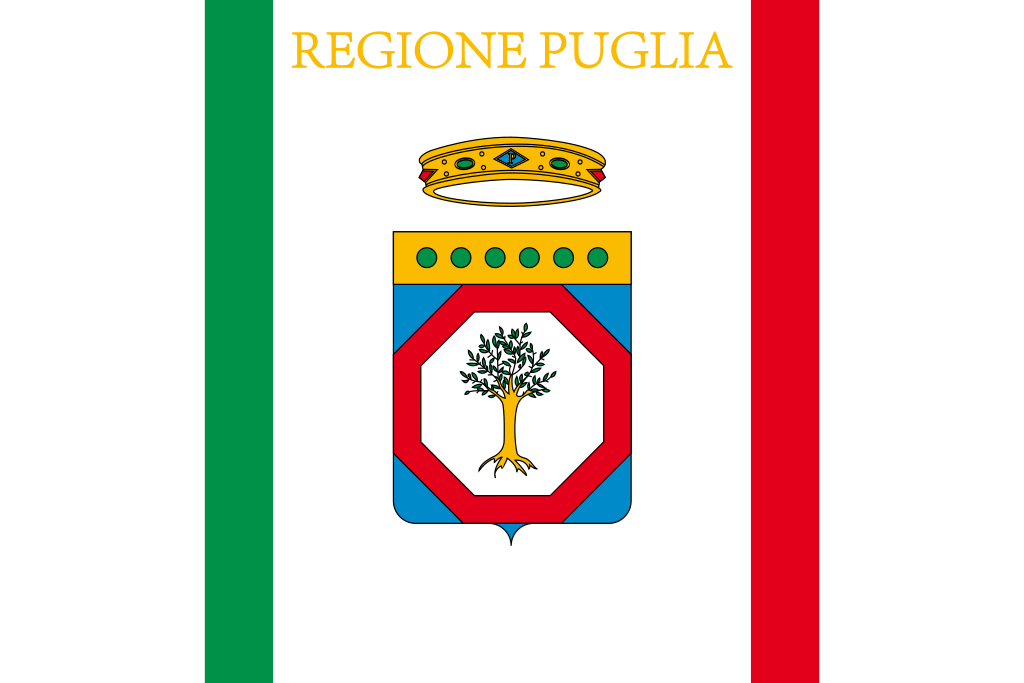 Puglia
Puglia
 Recep Tayyip Erdoğan
Recep Tayyip Erdoğan
 Rishi Sunak
Rishi Sunak
 Ursula von der Leyen
Ursula von der Leyen
 Wolodymyr Selenskyj
Wolodymyr Selenskyj


2024 年 1 月 1 日,意大利将第七次担任七国集团主席国,该集团由意大利、加拿大、法国、德国、日本、英国和美利坚合众国组成。七国集团(G7)也包括欧洲联盟,因共同的价值观和原则而团结在一起,在捍卫自由和民主以及应对全球挑战方面发挥着不可估量的作用。
Am 1. Januar 2024 übernimmt Italien zum siebten Mal den Vorsitz der G7, der Gruppe, die Italien, Kanada, Frankreich, Deutschland, Japan, das Vereinigte Königreich und die Vereinigten Staaten von Amerika umfasst. Die G7, an der auch die Europäische Union beteiligt ist, ist durch gemeinsame Werte und Grundsätze geeint und spielt eine unschätzbare Rolle bei der Verteidigung von Freiheit und Demokratie und der Bewältigung globaler Herausforderungen.
 Alexis Tsipras
Alexis Tsipras
 Angela Merkel
Angela Merkel
 António Guterres
António Guterres
 Ban Ki Moon
Ban Ki Moon

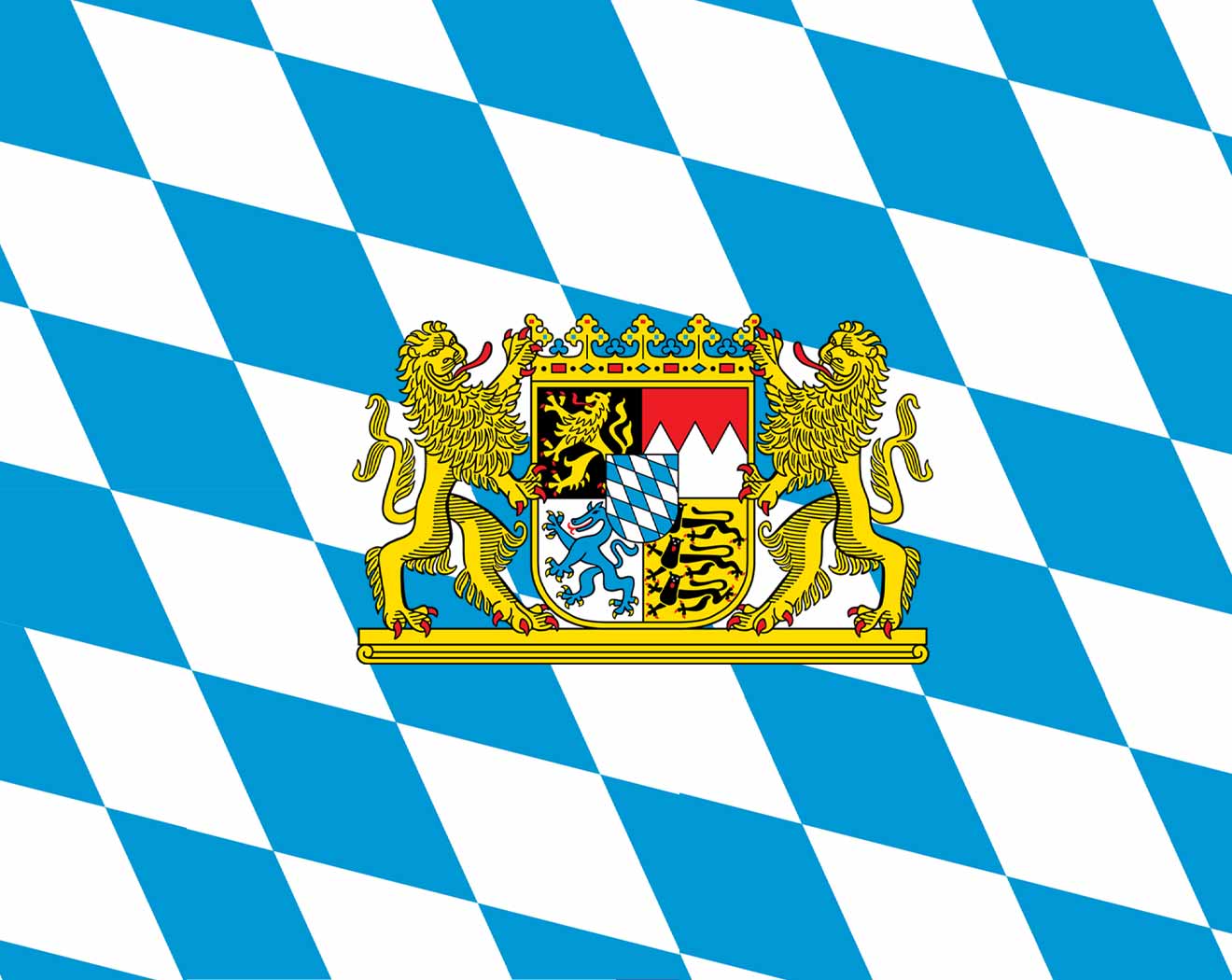 Bavaria
Bavaria
 Boris Johnson
Boris Johnson
 David Cameron
David Cameron
 Germany
Germany
 Donald Tusk
Donald Tusk
 Emmanuel Macron
Emmanuel Macron
 Helmut Schmidt
Helmut Schmidt
 Javier Solana
Javier Solana
 Jens Stoltenberg
Jens Stoltenberg
 Joachim Gauck
Joachim Gauck
 Joe Biden
Joe Biden
 Kofi Annan
Kofi Annan

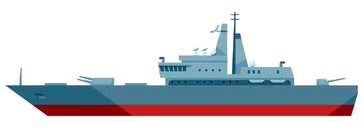
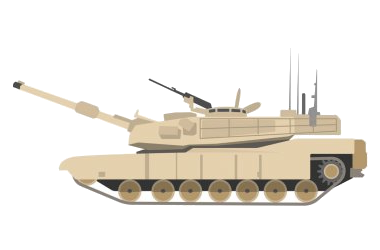
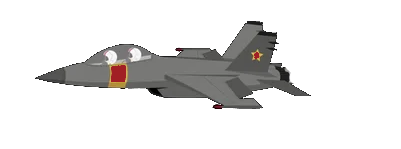
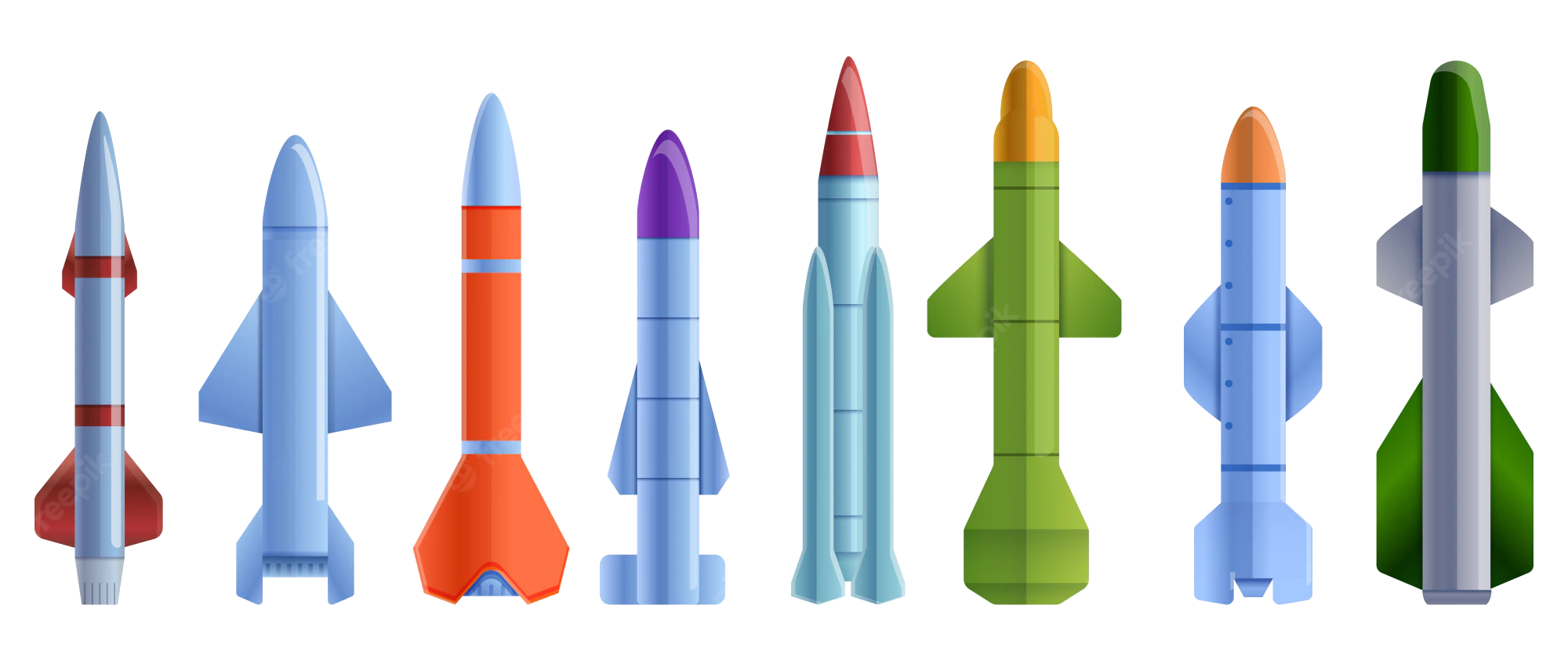 Military, defense and equipment
Military, defense and equipment
 Nicolas Sarközy
Nicolas Sarközy
 Olaf Scholz
Olaf Scholz
 Organization for Security and Cooperation in Europe,OSCE
Organization for Security and Cooperation in Europe,OSCE
 Ursula von der Leyen
Ursula von der Leyen
 Valéry Giscard d’Estaing
Valéry Giscard d’Estaing
 Wladimir Wladimirowitsch Putin
Wladimir Wladimirowitsch Putin
 Wolodymyr Selenskyj
Wolodymyr Selenskyj

慕尼黑安全会议(英語:Munich Security Conference, MSC)自1963年以来召开至今,是有关国际安全政策的年度会议。该会议以前的名称是防御安全会议(德語:Wehrkundetagung)和慕尼黑安全政策会议(德語:Münchner Konferenz für Sicherheitspolitik)。[1] 它是国际上同类会议中规模最大的聚会。
在过去的四十年中,慕尼黑安全会议已成为国际安全政策决策者交换意见的最为重要的独立论坛。每年都有来自70多个国家的约350位高层人士参加会议,就当前和未来的安全挑战展开激烈的辩论。 与会者包括国家、政府和国际组织首脑,部長,国会议员以及武装部队、科学界、公民社团、商界和媒体的高层代表。
La Conférence de Munich sur la sécurité (allemand: Münchner Sicherheitskonferenz; anciennement connue sous le nom de Wehrkundetagung ou Forum de Munich sur les politiques de défense) est un forum annuel consacré aux questions de sécurité internationale. Il se tient à l'hôtel Bayerischer Hof à Munich (Allemagne).
Le Forum est fondé en 1963 par l'éditeur allemand Ewald-Heinrich von Kleist-Schmenzin sous le nom de Wehrkundetagung (la conférence sur le savoir de la défense)1.
De 1999 à 2008, Horst Teltschik dirige la conférence, suivi par l'ambassadeur Wolfgang Ischinger et, à partir de 2022, par l'ambassadeur Christoph Heusgen.
Cette plate-forme de dialogue permet à des ministres, députés, hauts responsables militaires, scientifiques et représentants des médias d'avoir des échanges informels sur les questions de politique étrangère et de sécurité à laquelle le monde est confronté. Chaque année, les invités des pays membres de l'OTAN, de l'Union européenne et des pays du monde entier débattent en profondeur de leurs positions sur les relations transatlantiques (en) comme sur la sécurité en Europe et dans le monde2.
La 58e conférence sur la sécurité de Munich s'est tenue du 18 au 20 février 2022 à l'hôtel Bayerischer Hof. En raison de la pandémie COVID-19, la conférence a été organisée avec des mesures d'hygiène strictes. Le nombre de participants a notamment été fortement réduit. Parmi les personnes présentes figuraient Olaf Scholz, Volodymyr Zelensky, Kamala Harris, António Guterres et Ursula von der Leyen3. Quelques jours avant le début de l'invasion russe de l'Ukraine, le conflit naissant a dominé de nombreuses discussions lors de la conférence. En outre, un large éventail d'événements ont mis en lumière différents conflits régionaux et ont abordé, entre autres, les domaines de la sécurité humaine; des thèmes tels que la santé mondiale, l'insécurité alimentaire et une perspective de genre dans la politique de sécurité ont été traités.4 À la fin de la manifestation, Wolfgang Ischinger a transmis la présidence de la Conférence de Munich sur la sécurité à son successeur, l'ambassadeur Christoph Heusgen5.
La Conferencia de Seguridad de Múnich (MSC, en inglés: Munich Security Conference, en alemán: Münchner Sicherheitskonferenz) es una conferencia anual sobre política de seguridad internacional que ha tenido lugar en la ciudad alemana de Múnich desde 1963. Su objetivo es debatir los temas de actualidad de la política exterior, de seguridad y de defensa1. Es la reunión de este tipo más grande del mundo, cuyo eslogan es "Peace through Dialog" (paz a través del diálogo).
Durante las últimas décadas, la Conferencia de Seguridad de Múnich se ha convertido en el foro independiente más importante para el intercambio de puntos de vista por parte de los encargados de la toma de decisiones de políticas de seguridad internacional. Cada año reúne a unas 350 figuras de alto nivel de más de 70 países para participar en un intenso debate sobre los desafíos de seguridad actuales y futuros. Políticos, representantes militares y empresariales, organizaciones no gubernamentales y expertos en temas relacionados con la seguridad mantienen debates al margen de las directrices diplomáticas y protocolarias2.
La lista de asistentes incluye jefes de estado, gobiernos y organizaciones internacionales, ministros, parlamentarios, representantes de alto rango de las fuerzas armadas y representantes de organismos científicos y de la sociedad civil, así como empresas y medios de comunicación.
Over the past four decades the Munich Security Conference has become the most important independent forum for the exchange of views by international security policy decision-makers. Each year it brings together about 350 senior figures from more than 70 countries around the world to engage in an intensive debate on current and future security challenges. The list of attendees includes heads of states, governments and international organizations, ministers, members of parliament, high-ranking representatives of armed forces, science, civil society, as well as business and media.
The conference is held annually in February. The venue is the Hotel Bayerischer Hof in Munich, Bavaria, Germany.
Мюнхенская конференция по безопасности (нем. Münchener Sicherheitskonferenz, англ. Munich Security Conference) — ежегодная международная конференция, которая проводится в Мюнхене (Германия) с февраля 1963 года, на которой политики, военные и представители бизнеса, неправительственные организации и эксперты по вопросам безопасности проводят переговоры вне дипломатических и протокольных требований. Главной целью конференции является обсуждение актуальных вопросов внешней политики, политики безопасности и обороны. Это самая большая в мире конференция по такого рода вопросам. Ранее она называлась Конференцией по военным вопросам (нем. Wehrkundetagung) и Мюнхенская конференция по политике безопасности. Конференция проводится в отеле Байришер Хоф (нем. Hotel Bayerischer Hof). Организатором является Фонд Мюнхенской конференции по безопасности (некоммерческая организация) (нем. die Stiftung Münchner Sicherheitskonferenz (gemeinnützige) GmbH).
Основатель и руководитель до 1998 года — немецкий издатель Эвальд-Генрих фон Клейст-Шменцин. С 1999 года эту роль исполнял бывший советник канцлера Германии Гельмута Коля по внешним и оборонным вопросам Хорст Тельчик. С 2009 года руководство взял на себя Вольфганг Ишингер, а в 2022 году - Кристоф Хойсген.
Участниками форума в первые 30 лет были военные и политические лидеры государств НАТО, политологи и представители СМИ. С 1990-х годов в конференции участвуют представители России и других стран Восточной Европы (с 1995), Китая, Индии, Японии.
 *French political system
*French political system
 Alain Berset
Alain Berset
 Albert II.
Albert II.
 Aleksandar Vučić
Aleksandar Vučić
 Andrej Babiš
Andrej Babiš
 Andrej Kiska
Andrej Kiska
 Angela Merkel
Angela Merkel
 António Guterres
António Guterres
 Audrey Azoulay
Audrey Azoulay
 Bakir Izetbegović
Bakir Izetbegović
 Borut Pahor
Borut Pahor
 Christine Lagarde
Christine Lagarde
 Danny Faure
Danny Faure
 Donald Trump
Donald Trump
 Emmanuel Macron
Emmanuel Macron
 Erna Solberg
Erna Solberg
 George Weah
George Weah
 Gjorge Ivanov
Gjorge Ivanov
 Guy Ryder
Guy Ryder

 Hand in Hand
Hand in Hand
 Hashim Thaçi
Hashim Thaçi

 Idriss Déby
Idriss Déby
 Igor Dodon
Igor Dodon

 Ile-de-France
Ile-de-France
 Ilir Meta
Ilir Meta
 Jens Stoltenberg
Jens Stoltenberg
 Jim Yong Kim
Jim Yong Kim
 José Ángel Gurría
José Ángel Gurría
 Justin Trudeau
Justin Trudeau
 Kersti Kaljulaid
Kersti Kaljulaid
 Klaus Johannis
Klaus Johannis
 Kolinda Grabar-Kitarović
Kolinda Grabar-Kitarović

 Macky Sall
Macky Sall
 Mahamadou Issoufou
Mahamadou Issoufou
 Marcelo Rebelo de Sousa
Marcelo Rebelo de Sousa

 Mohamed Ould Abdel Aziz
Mohamed Ould Abdel Aziz
 Moussa Faki
Moussa Faki
 Muhammadu Buhari
Muhammadu Buhari

 Party and government
Party and government
 Paul Kagame
Paul Kagame
 Pedro Sánchez
Pedro Sánchez
 Peter Cosgrove
Peter Cosgrove
 Petro Poroschenko
Petro Poroschenko
 Pietro Parolin
Pietro Parolin
 Prayut Chan-o-cha
Prayut Chan-o-cha
 Rumen Radew
Rumen Radew
 Sauli Niinistö
Sauli Niinistö
 Sergio Mattarella
Sergio Mattarella
 Stefan Löfven
Stefan Löfven
 Tallis Obed Moses
Tallis Obed Moses
 Uhuru Kenyatta
Uhuru Kenyatta
 Ursula von der Leyen
Ursula von der Leyen
 Wladimir Wladimirowitsch Putin
Wladimir Wladimirowitsch Putin
 Xavier Bettel
Xavier Bettel
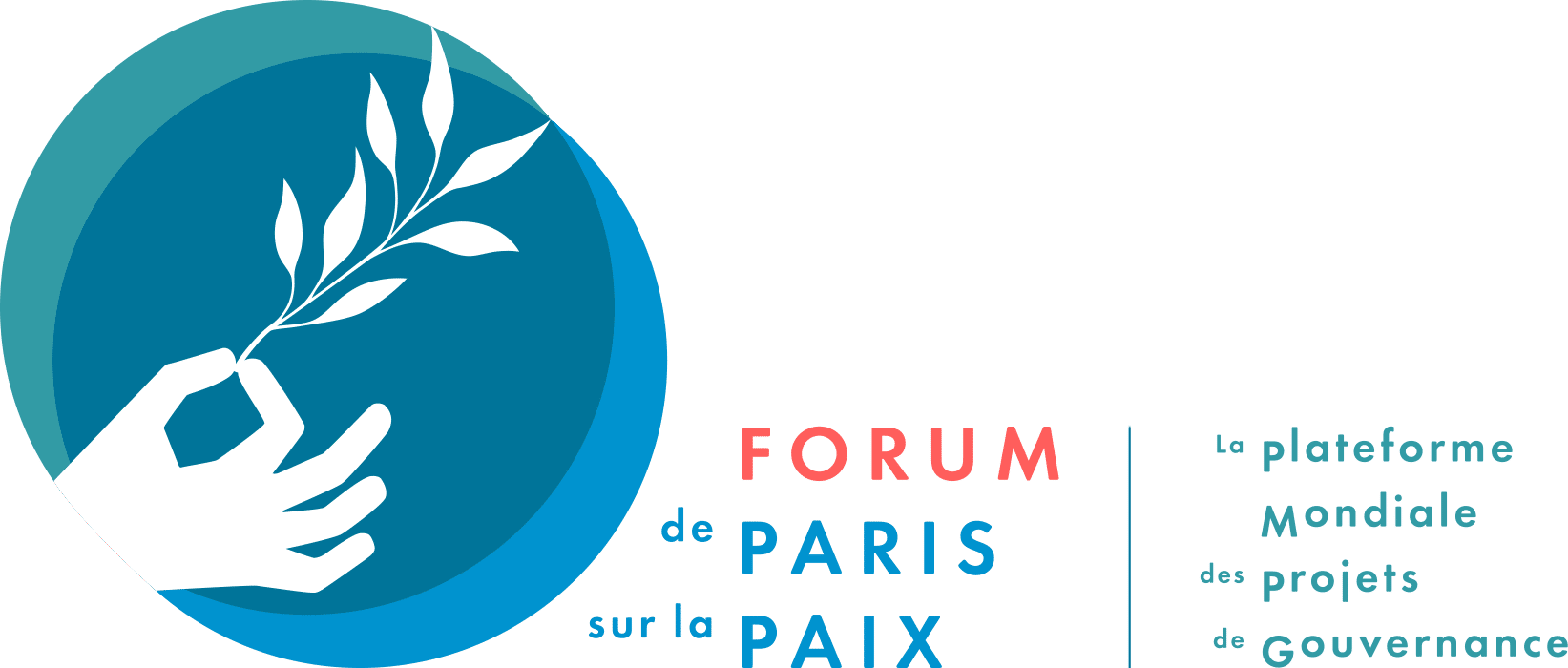
 Abd al-Fattah as-Sisi
Abd al-Fattah as-Sisi
 Abdullah II.
Abdullah II.
 Aleksandar Vučić
Aleksandar Vučić
 Aljaksandr Lukaschenka
Aljaksandr Lukaschenka
 António Costa
António Costa
 António Guterres
António Guterres
 Charles III.
Charles III.
 Charles Michel
Charles Michel
 Emmanuel Macron
Emmanuel Macron
 Fumio Kishida
Fumio Kishida
 Giorgia Meloni
Giorgia Meloni

 Hand in Hand
Hand in Hand
 Hassanal Bolkiah
Hassanal Bolkiah
 Henri, Großherzog von Luxemburg
Henri, Großherzog von Luxemburg
 Ilham Aliyev
Ilham Aliyev
 Joko Widodo
Joko Widodo
 Kaja Kallas
Kaja Kallas
 Luiz Inácio Lula da Silva
Luiz Inácio Lula da Silva
 Mark Rutte
Mark Rutte
 Mohamed bin Zayed Al Nahyan
Mohamed bin Zayed Al Nahyan
 Narendra Modi
Narendra Modi
 Pedro Sánchez
Pedro Sánchez
 Recep Tayyip Erdoğan
Recep Tayyip Erdoğan
 Rishi Sunak
Rishi Sunak
 Ukhnaagiin Khürelsükh
Ukhnaagiin Khürelsükh
 Ursula von der Leyen
Ursula von der Leyen
 United Arab Emirates
United Arab Emirates

 Andrej Plenković
Andrej Plenković
 Angela Merkel
Angela Merkel
 António Guterres
António Guterres
 Antti Rinne
Antti Rinne
 Bojko Borissow
Bojko Borissow
 Donald Tusk
Donald Tusk
 Gerhard Schröder
Gerhard Schröder
 Jacques Chirac
Jacques Chirac
 Jan Peter Balkenende
Jan Peter Balkenende
 Jean-Claude Juncker
Jean-Claude Juncker
 José Luis Rodríguez Zapatero
José Luis Rodríguez Zapatero
 Joseph Muscat
Joseph Muscat
 Jüri Ratas
Jüri Ratas
 Laimdota Straujuma
Laimdota Straujuma
 Mark Rutte
Mark Rutte
 Matteo Renzi
Matteo Renzi
 Nicolas Sarközy
Nicolas Sarközy
 Robert Fico
Robert Fico
 Sebastian Kurz
Sebastian Kurz
 Silvio Berlusconi
Silvio Berlusconi
 Tony Blair
Tony Blair
 Viktor Orbán
Viktor Orbán
 Viorica Dăncilă
Viorica Dăncilă
 Xavier Bettel
Xavier Bettel
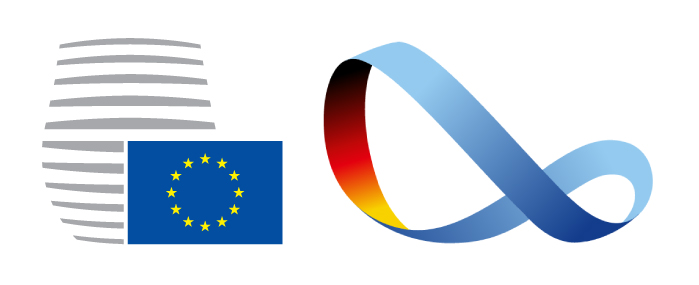
 Abe Shinzō
Abe Shinzō
 Alexis Tsipras
Alexis Tsipras
 Angela Merkel
Angela Merkel
 António Guterres
António Guterres
 Christine Lagarde
Christine Lagarde
 David Cameron
David Cameron
 Dilma Rousseff
Dilma Rousseff
 Dmitri Anatoljewitsch Medwedew
Dmitri Anatoljewitsch Medwedew
 Donald Trump
Donald Trump
 Emmanuel Macron
Emmanuel Macron

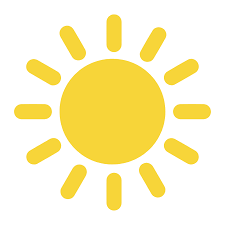 Energy resource
Energy resource
 Felipe Calderón
Felipe Calderón
 Felipe VI.
Felipe VI.

 Financial
Financial

 Hand in Hand
Hand in Hand
 Hassan Rohani
Hassan Rohani
 Jair Bolsonaro
Jair Bolsonaro
 James Gordon Brown
James Gordon Brown
 Jean-Claude Juncker
Jean-Claude Juncker
 Jim Yong Kim
Jim Yong Kim
 Joachim Gauck
Joachim Gauck
 Joe Biden
Joe Biden
 José Luis Rodríguez Zapatero
José Luis Rodríguez Zapatero
 Juan Manuel Santos
Juan Manuel Santos
 Li Keqiang
Li Keqiang
 Liaoning Sheng-LN
Liaoning Sheng-LN
 Mario Monti
Mario Monti
 Mark Rutte
Mark Rutte
 Mauricio Macri
Mauricio Macri
 Naoto Kan
Naoto Kan
 Narendra Modi
Narendra Modi
 Nelson Mandela
Nelson Mandela

 Party and government
Party and government
 *Think Tank
*Think Tank
 Paul Kagame
Paul Kagame
 Petro Poroschenko
Petro Poroschenko
 Recep Tayyip Erdoğan
Recep Tayyip Erdoğan
 Switzerland
Switzerland
 Stephen Joseph Harper
Stephen Joseph Harper
 Tarō Asō
Tarō Asō
 Theresa May
Theresa May
 Tianjin Shi-TJ
Tianjin Shi-TJ
 Ursula von der Leyen
Ursula von der Leyen
 Wen Jiabao
Wen Jiabao

 Important International Organizations
Important International Organizations

 Economy and trade
Economy and trade
 Economic and political research
Economic and political research
 Wladimir Wladimirowitsch Putin
Wladimir Wladimirowitsch Putin
 World Economic Forum,WEF
World Economic Forum,WEF
 Klaus Schwab
Klaus Schwab
 Xi Jingping
Xi Jingping
 Yasuo Fukuda
Yasuo Fukuda

| Year | Dates | Theme |
|---|---|---|
| 1988 | The new state of the world economy | |
| 1989 | Key developments in the 90s: implications for global business | |
| 1990 | Competitive cooperation in a decade of turbulence | |
| 1991 | The new direction for global leadership | |
| 1992 | Global cooperation and megacompetition | |
| 1993 | Rallying all the forces for global recovery | |
| 1994 | Redefining the basic assumptions of the world economy | |
| 1995 | Leadership for challenges beyond growth | |
| 1996 | Sustaining globalization | |
| 1997 | Building the network society | |
| 1998 | Managing volatility and priorities for the 21st century | |
| 1999 | Responsible globality: managing the impact of globalization | |
| 2000 | New beginnings: making a difference | |
| 2001 | 25–30 January | Sustaining growth and bridging the divides: a framework for our global future |
| 2002 | 31 January – 4 February | Leadership in fragile times (held in New York instead of Davos) |
| 2003 | 21–25 January | Building trust |
| 2004 | 21–25 January | Partnering for security and prosperity |
| 2005 | 26–30 January | Taking responsibility for tough choices |
| 2006 | 25–29 January | The creative imperative[61] |
| 2007 | 24–28 January | Shaping the global agenda, the shifting power equation |
| 2008 | 23–27 January | The power of collaborative innovation |
| 2009 | 28 January – 1 February | Shaping the post-crisis world |
| 2010 | 27–30 January | Improve the state of the world: rethink, redesign, rebuild |
| 2011 | 26–30 January | Shared norms for the new reality |
| 2012 | 25–29 January | The great transformation: shaping new models |
| 2013 | 23–27 January | Resilient dynamism[62] |
| 2014 | 22–25 January | The reshaping of the world: consequences for society, politics and business |
| 2015 | 21–24 January | New global context |
| 2016 | 20–23 January | Mastering the fourth industrial revolution |
| 2017 | 17–20 January | Responsive and responsible leadership |
| 2018 | 23–26 January | Creating a shared future in a fractured world |
| 2019 | 22–25 January | Globalization 4.0: shaping a global architecture in the age of the fourth industrial revolution |
| 2020 | 20–24 January | Stakeholders for a cohesive and sustainable world[citation needed] |
| 2021 | 17–20 August | canceled as a result of COVID-19 pandemic |
| 2022 | 22–26 May | History at a Turning Point: Government Policies and Business Strategies[63] |
| 2023 | 16-20 January | Cooperation in a Fragmented World [64] |
世界经济论坛(英语:World Economic Forum,简称WEF)是一个以基金会形式成立的非营利组织,成立于1971年,总部设在瑞士日内瓦州科洛尼。其以每年冬季在瑞士滑雪胜地达沃斯举办的年会(俗称达沃斯论坛,英语:Davos Forum)闻名于世,历次论坛均聚集全球工商、政治、学术、媒体等领域的领袖人物,讨论世界所面临最紧迫问题。[1]
Das Weltwirtschaftsforum (World Economic Forum, kurz WEF) ist eine in Cologny im Schweizer Kanton Genf ansässige Stiftung, die in erster Linie für das von ihr veranstaltete Jahrestreffen gleichen Namens bekannt ist, das alljährlich in Davos im Kanton Graubünden stattfindet. Hierbei kommen international führende Wirtschaftsexperten, Politiker, Intellektuelle und Journalisten zusammen, um über aktuelle globale Fragen zu diskutieren. Diese umfassen neben der Wirtschafts- auch die Gesundheits- und Umweltpolitik.
Das Forum organisiert auch das Annual Meeting of the New Champions in China sowie verschiedene regionale Treffen im Verlauf des Jahres. Es wurde 1971 von Klaus Schwab in der Schweiz gegründet.[1] Neben den Jahrestreffen gibt das Forum Forschungsberichte heraus. Seine Mitglieder betätigen sich in verschiedenen branchenspezifischen Initiativen.[2]
世界経済フォーラム(せかいけいざいフォーラム、World Economic Forum)は、経済、政治、学究、その他の社会におけるリーダーたちが連携することにより、世界・地域・産業の課題を形成し、世界情勢の改善に取り組む、独立した国際機関。ジュネーヴに本部を置きスイスの非営利財団の形態を有している。1971年にスイスの経済学者クラウス・シュワブにより設立された。
スイスのダボスで開催される年次総会が特によく知られており、約2500名の選ばれた知識人やジャーナリスト、多国籍企業経営者や国際的な政治指導者などのトップリーダーが一堂に会し、健康や環境等を含めた世界が直面する重大な問題について議論する場となっている。また、同機関は、東アジアやラテンアメリカなど6-8の地域会議を開催し、中国及びアラブ首長国連邦においても別途の年次総会を開催している。さらに、会議だけではなく、同機関はさまざまな研究報告書を発表したり、メンバーたちが各業界に関連したイニシアティブに関わるなどの活動を行っている。2011年のダボスにおける年次総会は1月26日-30日に開催された。2012年総会は1月25日-29日に"The Great Transformation: Shaping New Models"というテーマで開催された。2013年総会は1月23日-27日に、創設者クラウス・シュワブによる「地球規模の協力の必要性が今ほど重要な時代はない」との声明を受け、"Resilient Dynamism"というテーマで催された。2014年年次総会は1月22-25日に"The Reshaping of the World: Consequences for Society, Politics and Business"というテーマで催された。2015年年次総会は、"The New Global Context"というテーマで催された。
The World Economic Forum (WEF) is a Swiss nonprofit foundation, based in Cologny, Geneva, Switzerland. Recognised in 2015 by the Swiss authorities as an "other international body" under Switzerland's Host State Act 2007 (HSA, SR 192.12),[1] its mission is cited as "committed to improving the state of the world by engaging business, political, academic, and other leaders of society to shape global, regional, and industry agendas".
The WEF is best known for its annual meeting at the end of January in Davos, a mountain resort in Graubünden, in the eastern Alps region of Switzerland. The meeting brings together some 2,500 top business leaders, international political leaders, economists, celebrities and journalists for up to four days to discuss the most pressing issues facing the world. Often this location alone is used to identify meetings, participation, and participants, with such phrases as "a Davos panel" and "Davos man" being used.[2]
The organization also convenes some six to eight regional meetings each year in locations across Africa, East Asia, and Latin America, and holds two further annual meetings in China, India and the United Arab Emirates. Beside meetings, the foundation produces a series of research reports and engages its members in sector-specific initiatives.[3]
Le forum économique mondial (en anglais : World Economic Forum, abrégé WEF), souvent appelé forum de Davos1,2,3, est une fondation à but non lucratif dont le siège est à Genève. Ce forum est connu pour sa réunion annuelle à Davos, en Suisse, qui réunit des dirigeants d’entreprise, des responsables politiques du monde entier ainsi que des intellectuels et des journalistes, afin de débattre les problèmes les plus urgents de la planète, y compris dans les domaines de la santé et de l’environnement. Le forum organise également la « Réunion annuelle des nouveaux champions » en Chine et plusieurs réunions régionales qui se tiennent tout au long de l’année. Il a été créé en 1971 par Klaus M. Schwab, professeur d’économie en Suisse4. Parallèlement aux réunions, le forum publie un certain nombre de rapports économiques et implique ses membres dans différentes initiatives liées à des secteurs spécifiques5.
Il Forum economico mondiale (nome originale in inglese: World Economic Forum, conosciuto anche come Forum di Davos) è una fondazione senza fini di lucro con sede a Cologny, vicino a Ginevra, in Svizzera, nata nel 1971 per iniziativa dell'economista ed accademico Klaus Schwab.[1]
La fondazione organizza ogni inverno, presso la cittadina sciistica di Davos in Svizzera, un incontro tra esponenti di primo piano della politica e dell'economia internazionale con intellettuali e giornalisti selezionati, per discutere delle questioni più urgenti che il mondo si trova ad affrontare, anche in materia di salute e di ambiente. Oltre a questo celebre incontro annuale, il Forum economico mondiale organizza ogni anno un meeting in Cina e negli Emirati Arabi Uniti e diversi incontri a livello regionale. La Fondazione produce anche una serie di rapporti di ricerca e impegna i suoi membri in specifiche iniziative settoriali.[2]
El Foro Económico Mundial (World Economic Forum, WEF), también llamado Foro de Davos, es una fundación sin fines de lucro con sede en Ginebra, que se reúne anualmente en el Monte de Davos (Suiza), y que sobre todo es conocida por su asamblea anual en Davos, Suiza. Allí se reúnen los principales líderes empresariales, los líderes políticos internacionales, así como periodistas e intelectuales selectos, a efectos de analizar los problemas más apremiantes que afronta el mundo, y entre ellos, la salud y el medio ambiente desde 1991.
El Foro también organiza la “Asamblea Anual de Nuevos Campeones” en China y una serie de asambleas regionales durante el año. En 2008, dichas asambleas regionales incluyeron reuniones en Europa y Asia Central, Asia Oriental, la Mesa Redonda de Directores Ejecutivos de Rusia, África, Oriente Medio, así como el Foro Económico Mundial en Latinoamérica.
Durante el 2008, se lanzó la “Cumbre Inaugural sobre la Agenda Global" en Dubái, con la presencia de 700 expertos mundiales de cada sector que trataron 68 cambios globales identificados por el Foro.
El Foro Económico Mundial fue fundado en 1971 por Klaus M. Schwab, profesor de economía en Suiza.1 Además de asambleas, el Foro genera una serie de informes de investigación e involucra a sus miembros en iniciativas específicas de cada sector.2
Всемирный экономический форум (ВЭФ) — швейцарская неправительственная организация, наиболее известная организацией ежегодных встреч в Давосе. На встречи приглашаются ведущие руководители бизнеса, политические лидеры, видные мыслители и журналисты. Предметом обсуждения являются наиболее острые мировые проблемы, включая здравоохранение и охрану окружающей среды.
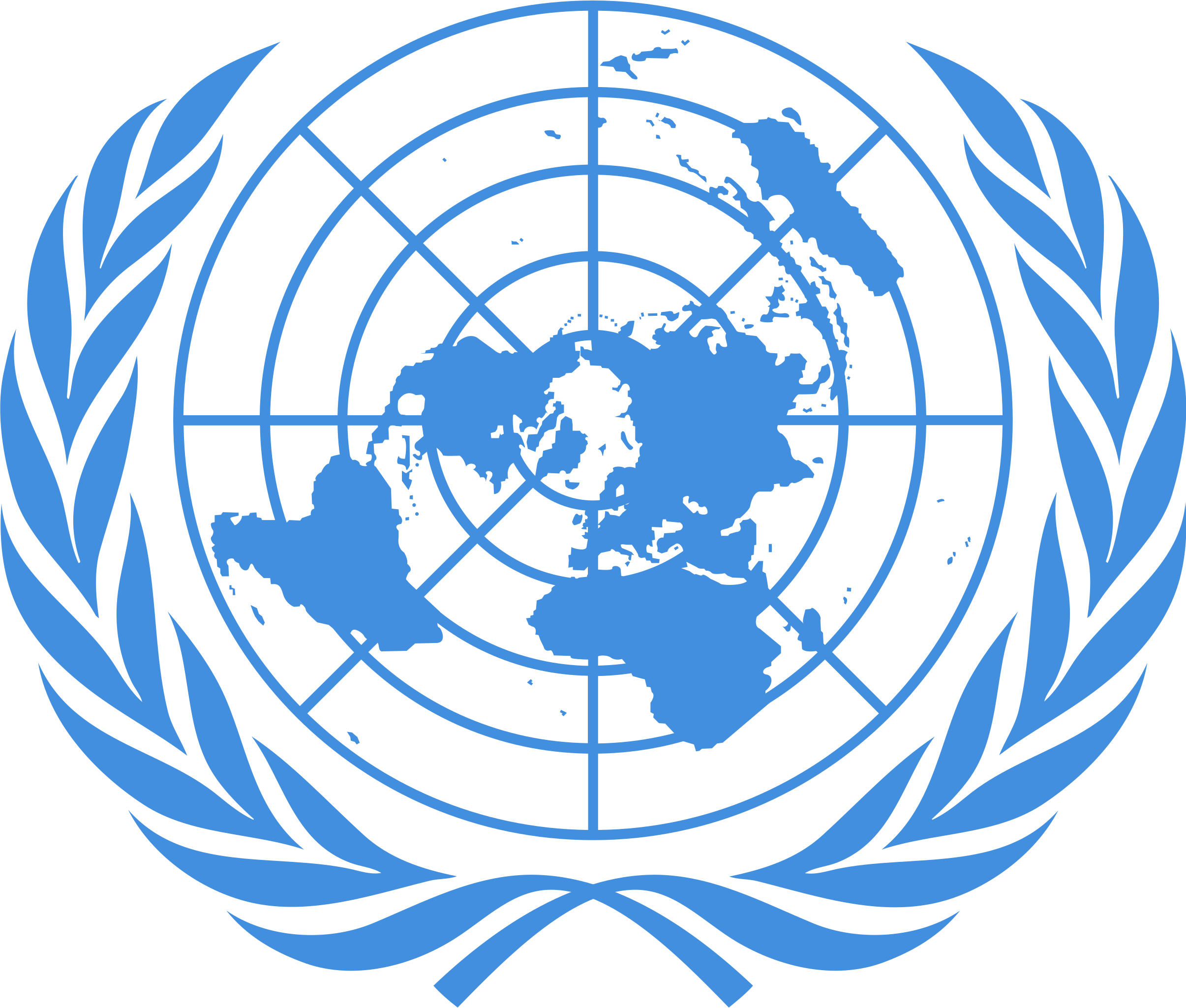 United Nations
United Nations
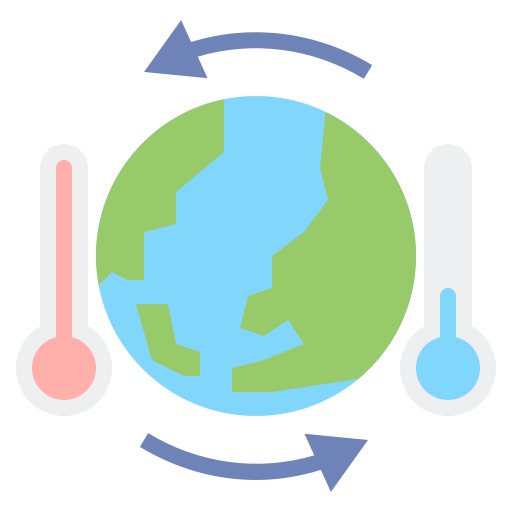 Climate
Climate